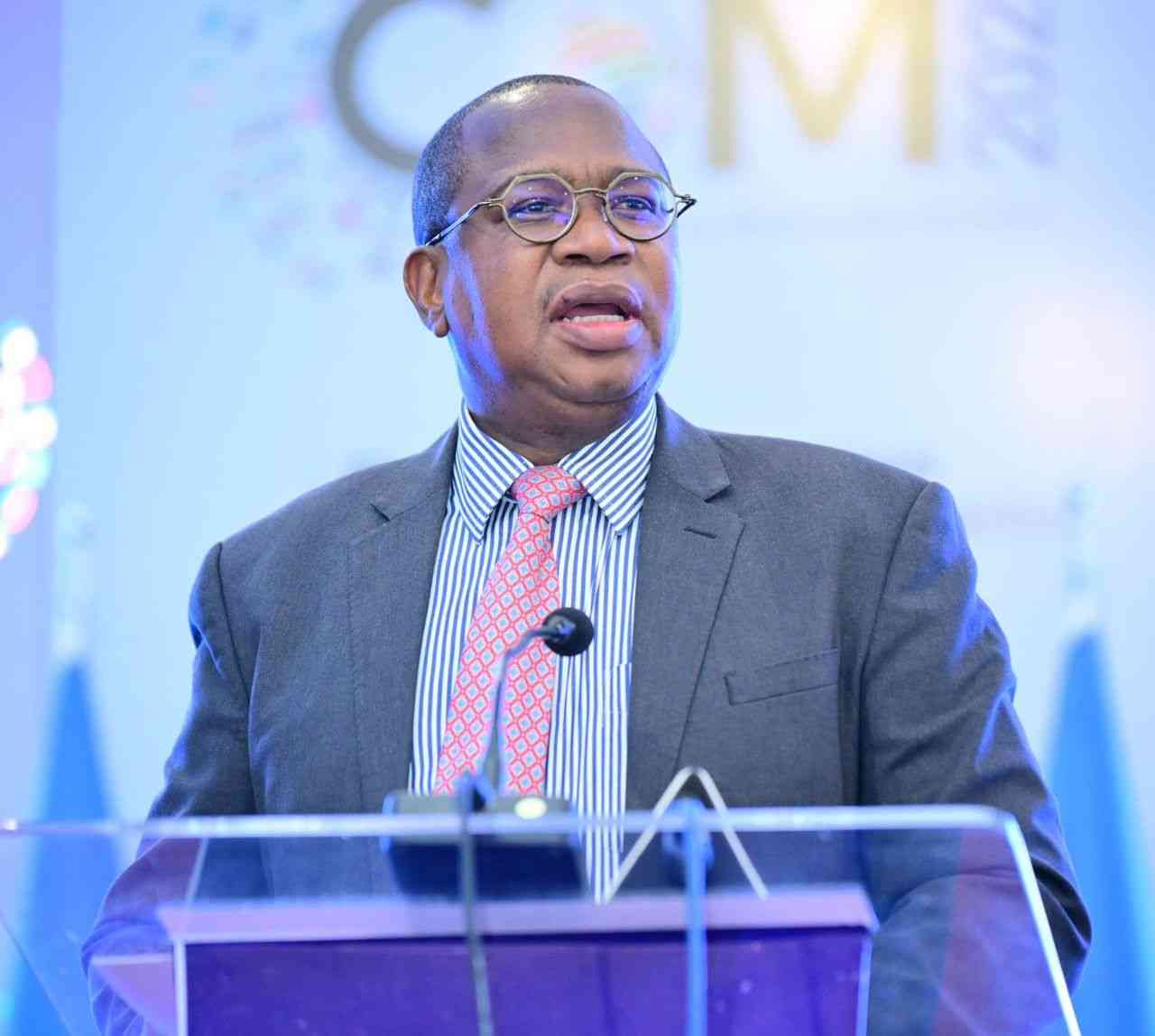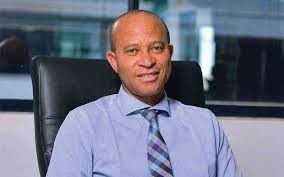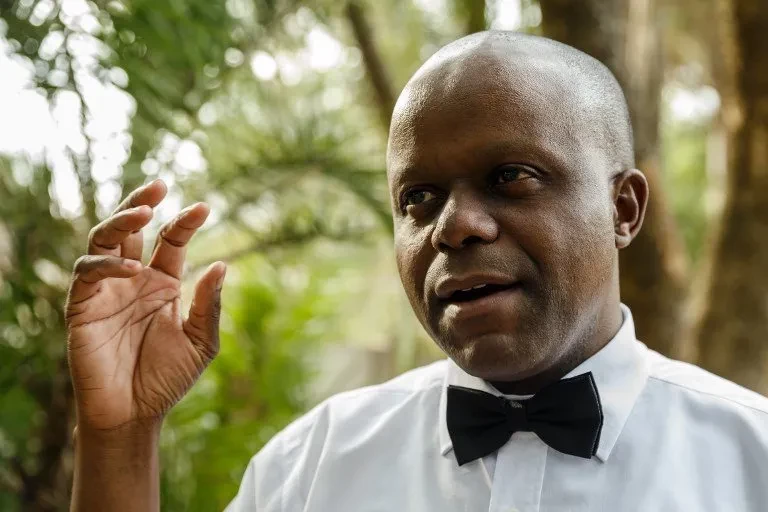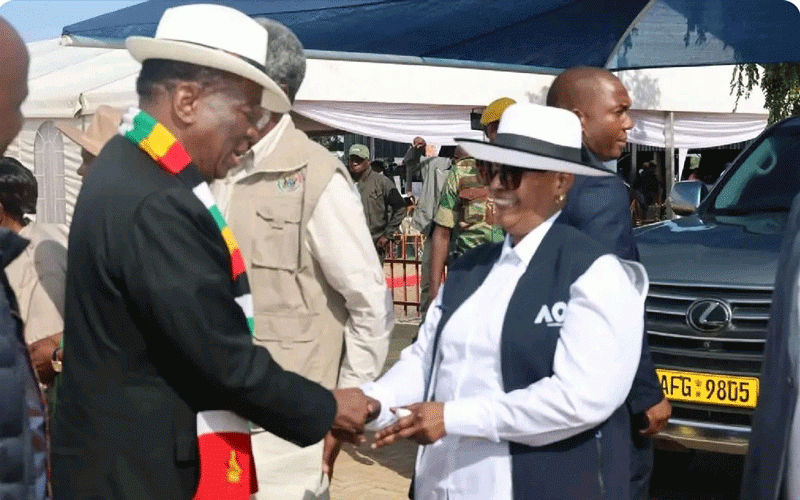
BY TANYARADZWA NHARI
ICT, Postal and Courier Services Minister Jenfan Muswere says government is working on several projects across the country to beef up Zimbabwe’s efforts to transform into a digital economy.
This comes after the recently developed online learning strategy, where students and teachers have been relying on online platforms to conduct teaching and learning due to Covid-19 induced restrictions to movement.
Muswere said: “Our desire is for all Zimbabweans to be able to have access to the internet and communication in general. If a student does not have internet access, they will struggle to type their school papers or do online homework assignments, or learn basic computer skills, or try to get help from their teachers”.
“If a public servant does not have adequate ICT skills, they will have challenges utilising ICT equipment and in so doing give slow and poor service to the citizenry. As we interface with modern ICT equipment all our efforts will be in vain if we do not have a backup of our data,” the minister said while commissioning a data backup centre in Bulawayo.
He said internet access and ICT training on its own was inadequate.
Muswere said to connect the digital gap, there was need for the development of locally relevant content for Zimbabweans.
He said the ministry was guided by the SMART Zimbabwe 2030 master plan, which identified how the country can develop, deploy, and manage ICTs across all sectors.
- Chamisa under fire over US$120K donation
- Mavhunga puts DeMbare into Chibuku quarterfinals
- Pension funds bet on Cabora Bassa oilfields
- Councils defy govt fire tender directive
Keep Reading
“Our ministry was mandated by President Mnangagwa to work on the SMART Zimbabwe 2030 master plan, which seeks to exploit the potential of ICTs so that Zimbabwe attains its vision of becoming an upper middle-income economy by 2030.
“This vision is predicated on, among others, building on the achievements of the Zimbabwe National Policy on ICTs of 2016 to 2020 which further strengthens Zimbabwe’s economic base and improves its economic environment for accelerated growth towards achieving a digital government, a digital economy and a digital society, by 2030,” said Muswere.










